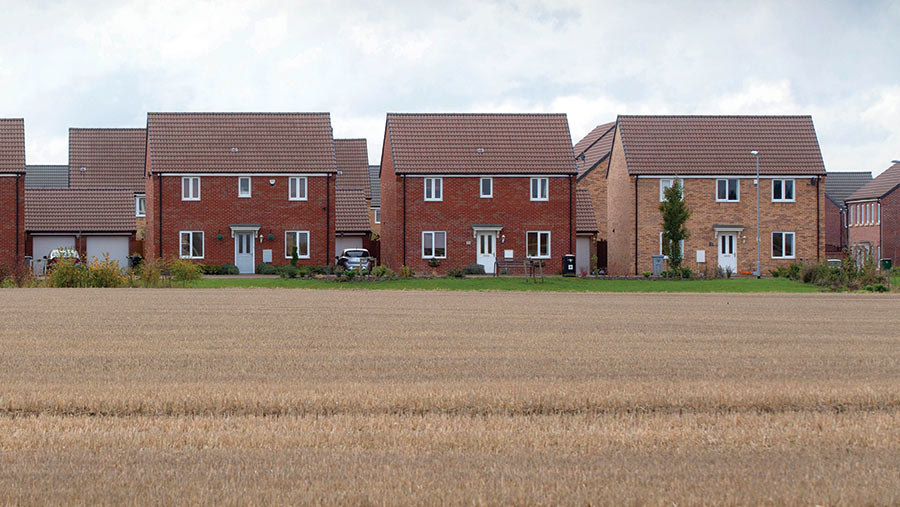Business Clinic: Can we benefit from biodiversity offsetting?
 © Tim Scrivener
© Tim Scrivener Whether you have a legal, tax, insurance, management or land issue, Farmers Weekly’s Business Clinic experts can help.
Mark Russell, partner of Carter Jonas Rural, explains how the relatively new concept of biodiversity net gain may present opportunities for landowners to be paid to take on biodiversity requirements for developers.
See also: Business Clinic: What should I consider for reservoir plan
Q There is a lot of proposed housing development in our nearby town. We have 80ha of arable land we would consider developing, but have been told it is too far from the town.
I have heard of biodiversity offsetting and wondered whether we might be able to benefit from this. How does it work and what are the advantages of getting involved as a landowner?
Biodiversity net gain (BNG) is a developing area that’s confirmed in the latest National Planning Policy Framework and will be reinforced in the Environment Bill. The overarching concept is that any development scheme will need to increase biodiversity by 10%.
Securing this increase will vary greatly between schemes. For example, where 150 homes are built on 8ha of arable land, the required uplift may be achieved on site, thanks to play parks, gardens and open space with careful planting.
However, development on more sensitive land with a higher initial biodiversity level, and/or close to the urban edge, may struggle to provide uplift on site. In such cases, the developer will be able to provide the uplift on other nearby land, with a farmer or landowner improving biodiversity and receiving a payment in return.
Where a developer can’t manage this, the final option is to pay into a fund for nationally important biodiversity schemes – there will be opportunities for farmers and landowners to get involved in these. However, from what you’ve said, offering biodiversity offsetting to local developers could well be an option for you.
The first step is to get an approximate assessment of the biodiversity uplift you might achieve on the land you’re willing to take out of production. You’ll need expert advice on this. Once this is established, you’ll need to be matched with a developer looking to implement their biodiversity uplift offsite.
Negotiation
Then it comes down to negotiating an agreement. This could be a one-off payment up front, which could be the better route if a significant outlay from you to achieve the biodiversity is required. On the other hand, a regular payment might work better, or a combination of both. In any case, the total will need to be more than you’ll get from farming for this to be an economic option.
There currently aren’t any guidelines as to the “value” of biodiversity offsetting. It is essentially an open market, with payment levels affected by supply and demand of suitable land.
There are lots of ways to improve biodiversity. If you were thinking of putting a site down to trees or to change management practices to farm without fertiliser, you could receive a payment from the developer for this.
Perhaps you have land adjacent to a site of special scientific interest or other designation – by managing your land in a certain way, there might be a biodiversity gain on your land and a knock-on benefit to the neighbouring ecological site. Again, you could be paid for this specific management programme.
Most farmers/landowners will prefer to retain ownership, but you might be prepared to sell the site to the developer for them to build into their scheme.
Aside from the immediate financial benefit, another upside is that you’re building into your business a resilient diversification based on land stewardship.
There are downsides. First, land may be tied up for many years, depending on the deal with the developer, so you may miss out on future opportunities. There may also be inheritance tax implications, on which you should seek expert advice at the outset.
Do you have a question for the panel?
Outline your legal, tax, finance, insurance or farm management question in no more than 350 words and Farmers Weekly will put it to a member of the panel. Please give as much information as possible.
Email your question to fwbusinessclinic@rbi.co.uk using the subject line “Business Clinic”.

